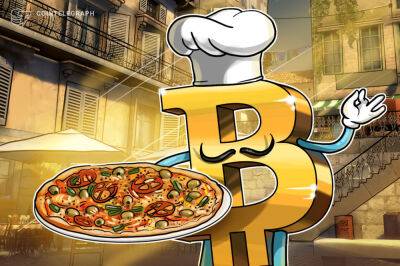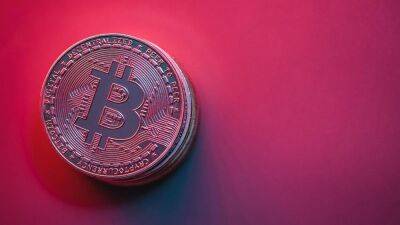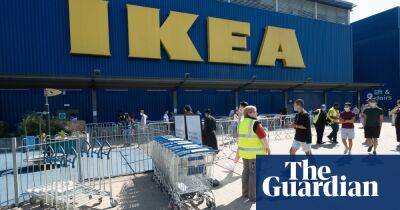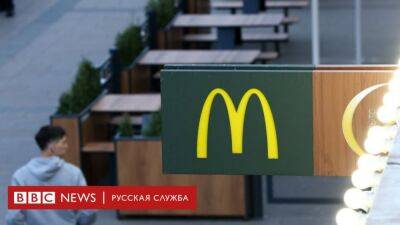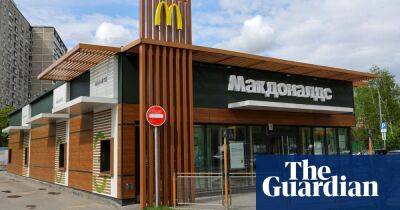An honest crust? UK government steps in over ‘sourfaux’ threat to craft bakers
With its ingredients of just flour, water and salt, sourdough bread may seem to be one of life’s simpler and unambiguous pleasures. But it is now under scrutiny in a government review over the longstanding claims that a “sourfaux” scandal is undermining the traditional genuine loaf.
The Real Bread Campaign, a project run by Sustain, the non-profit alliance for better food and farming, says supermarket chains and industrial bakeries are misleading customers, selling loaves labelled as “made with sourdough” for as little as £1.20.
The factory-made loaves can contain as many as 15 ingredients, including palm oil and commercial yeast.
Chris Young, coordinator of the Real Bread Campaign, said new bread labelling rules need to be imposed on supermarkets and leading bread companies to protect smaller-scale traditional bakeries. The campaigners have complained of a “sourfaux free-for-all”.
He said: “We believe many people are being misled when they are buying their bread. Making sourdough is a slower process. We would want the definition to be ‘bread made without additives and using a live sourdough starter culture’.”
The government has formed a bread and flour technical working group to review the regulations, and the Real Bread Campaign has submitted a raft of proposals for a radical overhaul of bread labelling.
Ministers have confirmed that the working group is examining the use of the word sourdough – “to assess whether providing a definition of sourdough would be beneficial to consumers”.
They are also being urged to crack down on supermarkets’ use of the phrase “freshly baked”. Supermarket bakeries have been accused of being “loaf tanning salons” in which part-baked and sometimes frozen bread is run through an oven again shortly
Read more on theguardian.com


![Is Solana [SOL] NFT market in trouble? Here’s what you should definitely know](https://finance-news.co/storage/thumbs_400/img/2022/5/19/26411_ihpt.jpg)


